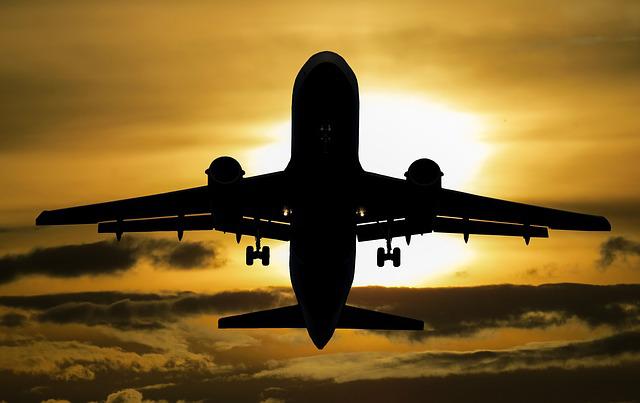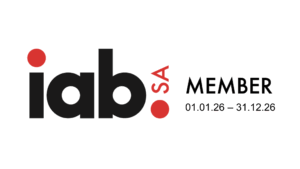The SpendTrend 25 report, based on over 2.6 billion transactions and survey feedback from 1,000 South Africans, shows that travel spending has returned to pre-Covid levels. The ‘Golden Triangle’— Cape Town, Johannesburg, and Durban—remains the most trafficked air corridor, with George also rising in popularity due to semigration and coastal retirement trends.
Despite this rebound, domestic airfares remain high due to limited airline capacity, regulatory challenges, and a post-lockdown spike in “revenge travel”. Airlines are hesitant to expand operations, partly due to financial strain and unresolved regulatory issues. Most South Africans still prioritise ticket price above all when choosing to travel, with only high-income individuals spending more now than pre-pandemic.
In March 2024, Patriotic Alliance leader and Minister of Sport, Arts and Culture Gayton McKenzie publicly criticised the steep rise in domestic flight prices.
Taking to social media platform X, McKenzie described the situation as “daylight robbery”,”saying, “The State must intervene. You cannot allow your own citizens to be robbed like this. Prices are definitely not market-related.”
He called for urgent government action to curb the high costs and protect consumers.
Adding to the growing concern, Mzandile Masina, chair of the Portfolio Committee on Trade, Industry and Competition, echoed these sentiments during an interview with eNCA in December 2024. He acknowledged that air travel in South Africa is “very expensive” and revealed that the committee had requested the Competition Commission to investigate what they deemed “exorbitant ticket prices”.
Masina highlighted a gap in regulation: “The Department of Transport, through the National Civil Aviation Act of 2009, issues licences to commercial airlines in South Africa. However, the Act does not make provision for budget or low-cost airlines, as we know them. This is one area where we believe progress can be made.”



